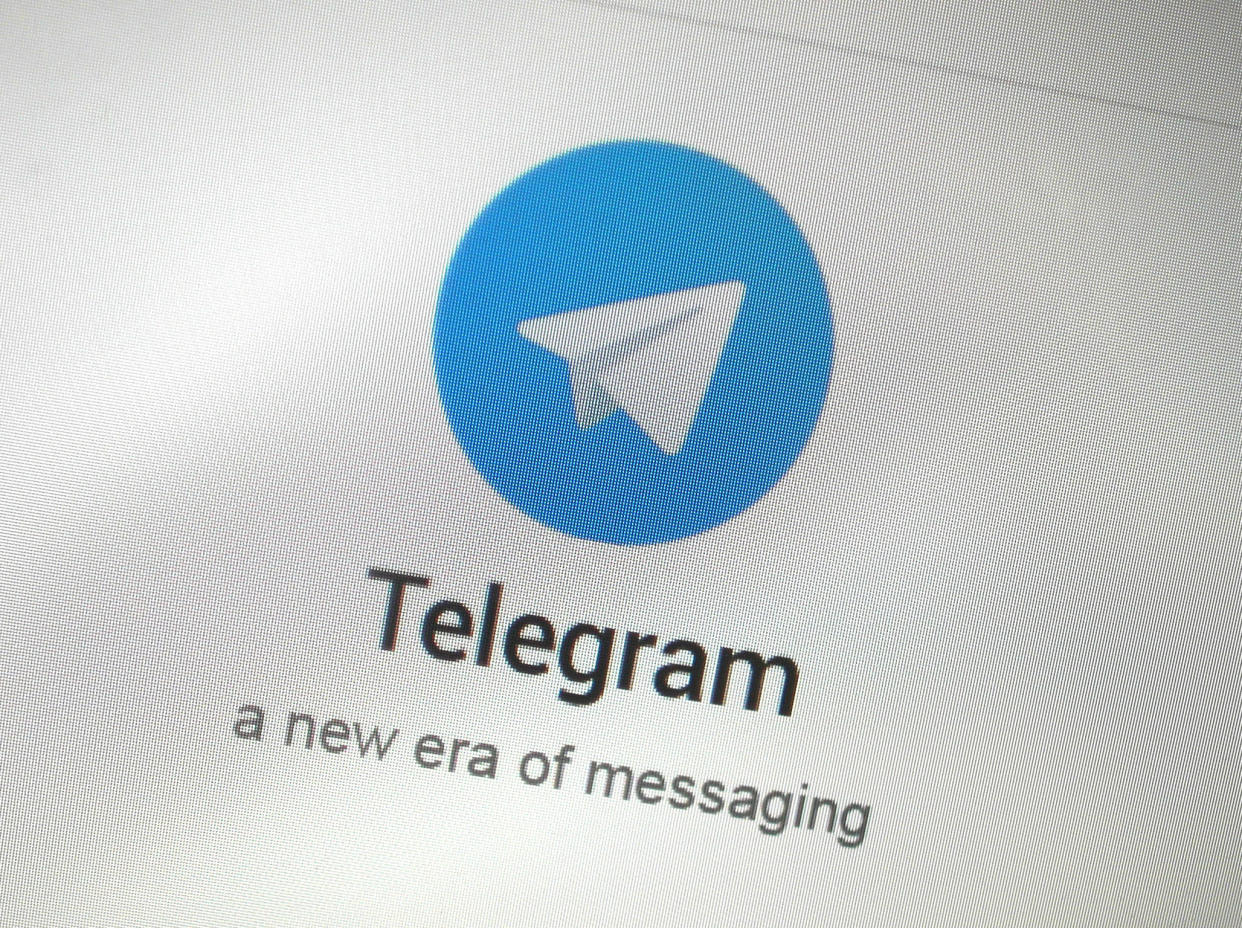Telegram app can be forced to reveal personal data to security services, Russian court rules

Russia’s top court has ruled the Telegram app, which offers encrypted messaging services, can be forced to provide user data to authorities.
The Supreme Court threw out an appeal by Telegram protesting against demands from the Federal Security Service intelligence agency (FSB) for it to hand over data from its users.
People behind the app, which has caused controversy for allegedly being favoured by extremists, argued the FSB violated consumer rights by demanding encryption keys and chat histories.
Telegram has been given 15 days to comply by Russia’s communications regulator, or it risks being blocked in the country.
Ramil Akhmetgaliev, the lawyer for the messaging company, was quoted by Russian news agencies as saying Telegram considers it essential to “keep users’ communications secret”.
Telegram allows users to chat with individuals or in groups and offers end-to-end encryption through its “secret chats”, meaning no one but the sender and receiver can see the contents of a message.
It also offers a self-destruct feature, meaning messages can be set to disappear after some time.
The app, which was founded by Russian entrepreneur Pavel Durov in 2013, has allegedly been used by Isis supporters to communicate, organise and spread propaganda.
Favoured for the secrecy and anonymity it offers, it is understood the militant group used its ‘channel’ features to share publicly available feeds while maintaining anonymity.
The company said it blocked 78 Isis-related channels in November 2015 after news emerged of the group using it to plan and claim responsibility for terrorist attacks.
Mr Durov, who has been outspoken about protecting the privacy of users of his products, previously founded Russian social media network VKontakte (VK).
He was embroiled in a dispute with the FSB in the past after refusing to hand over data about Ukranian protestors in 2013, which he posted about publicly on his own VK page.
He has since quit his role at VK and left Russia, focusing instead on Telegram.
Additional reporting by Associated Press.

 Yahoo News
Yahoo News 
